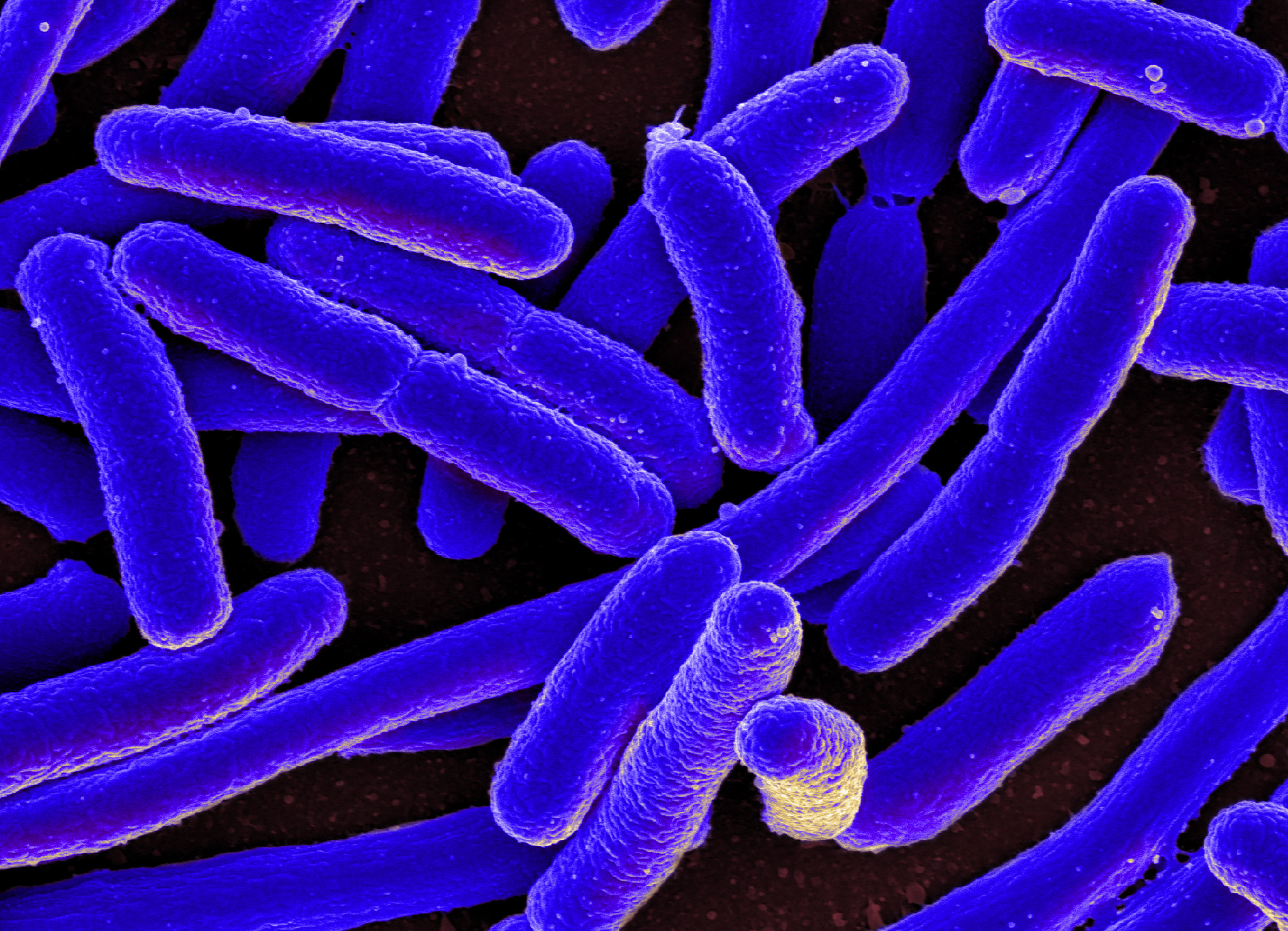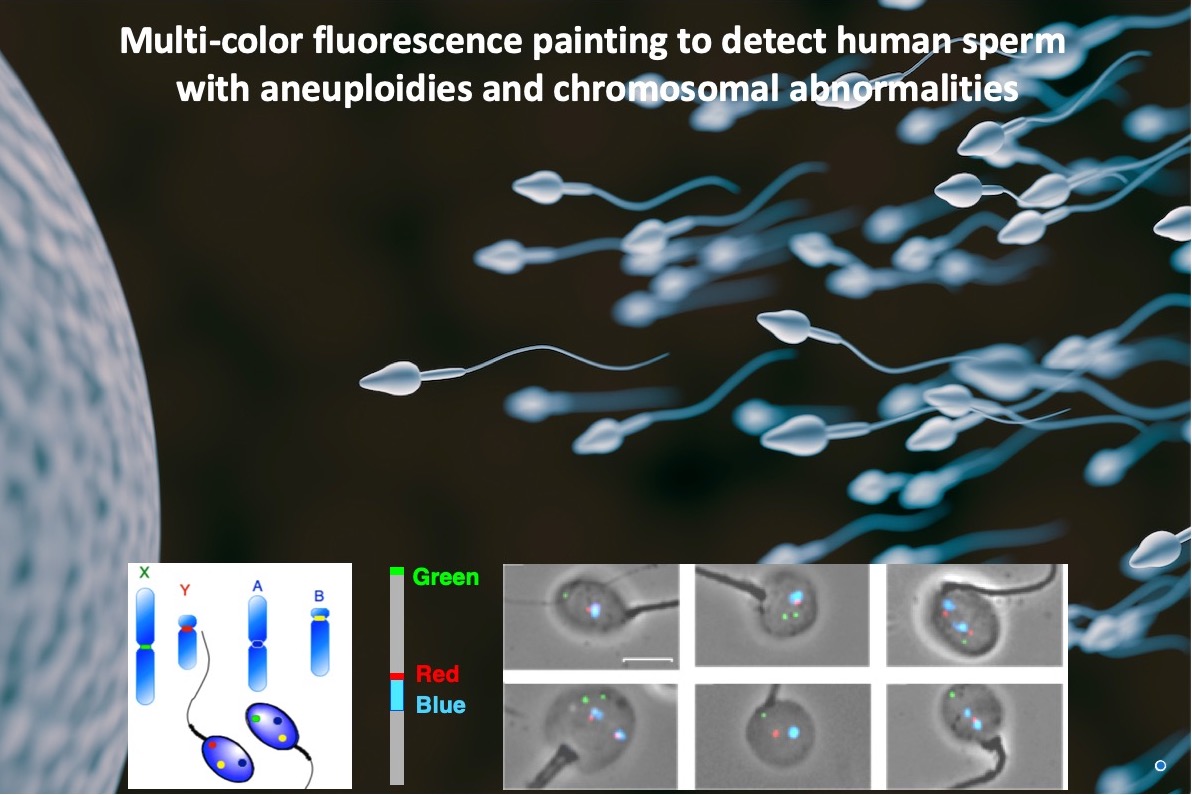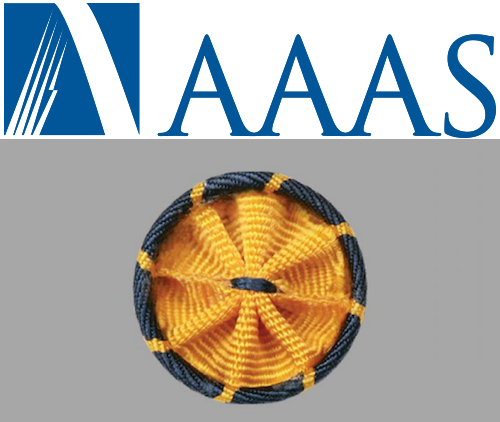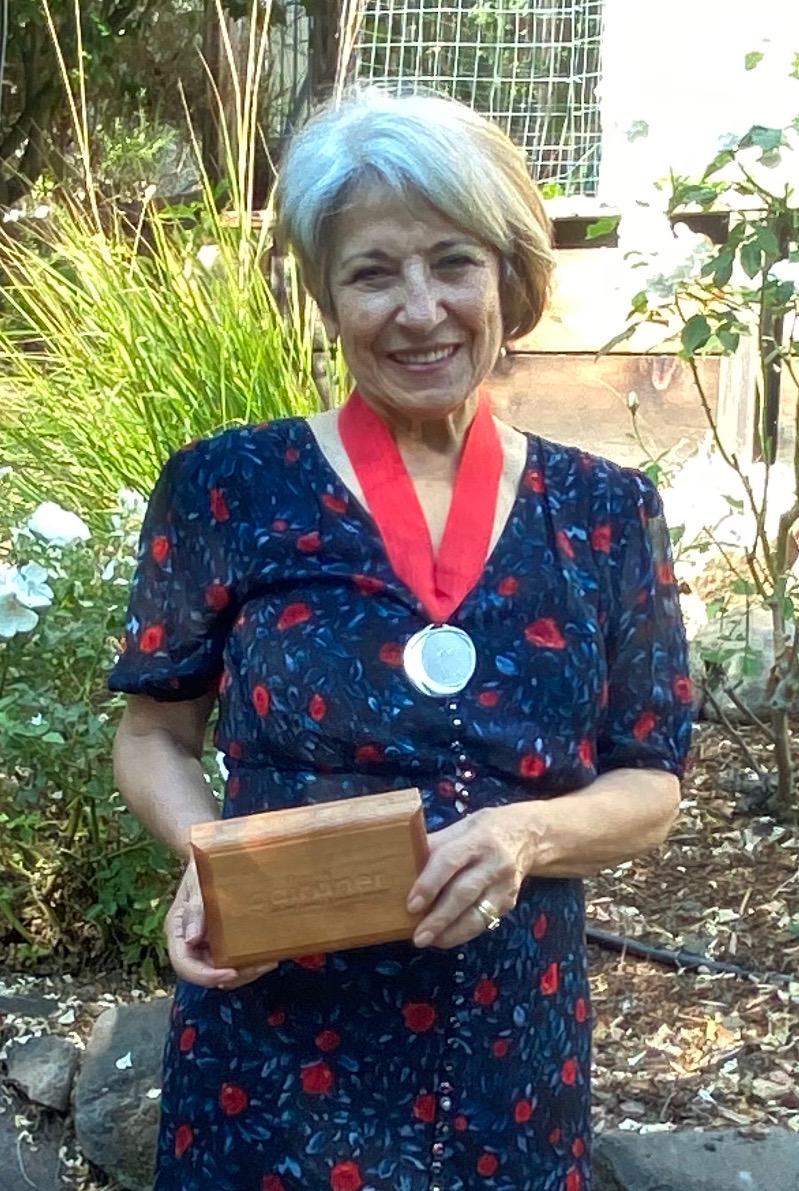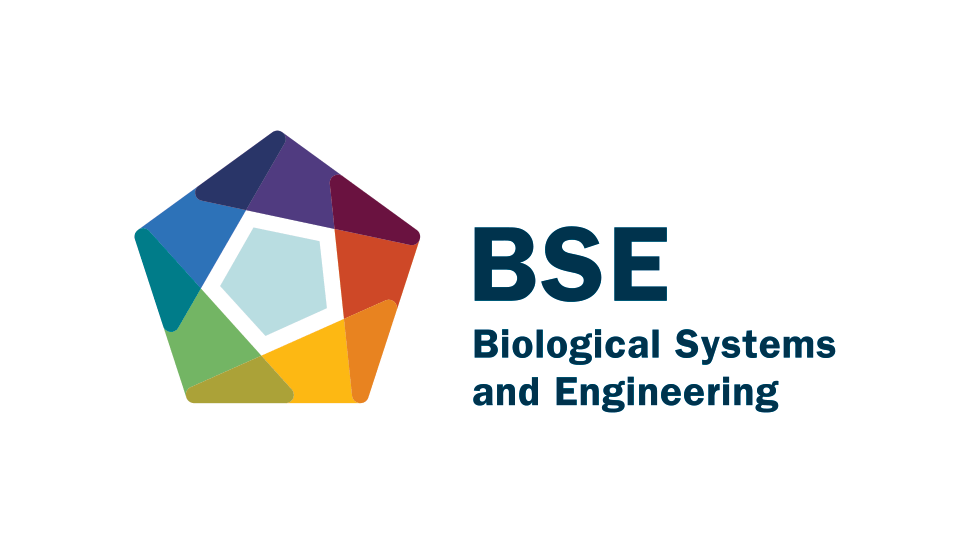
some more text
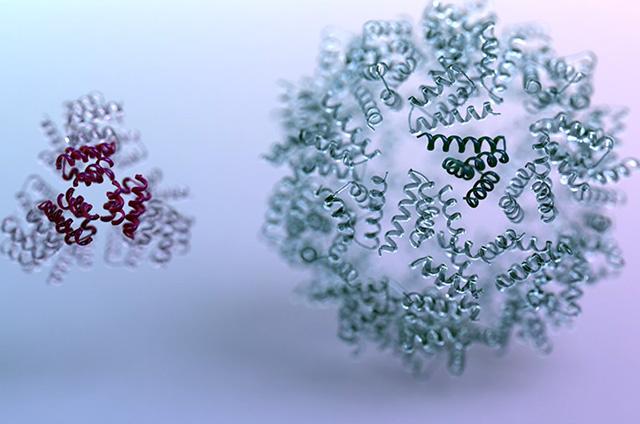
some more text
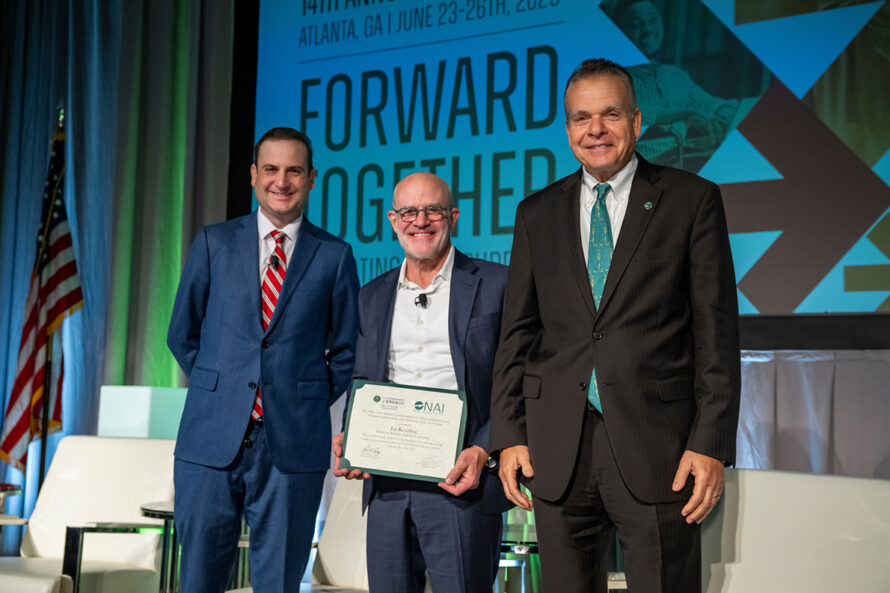
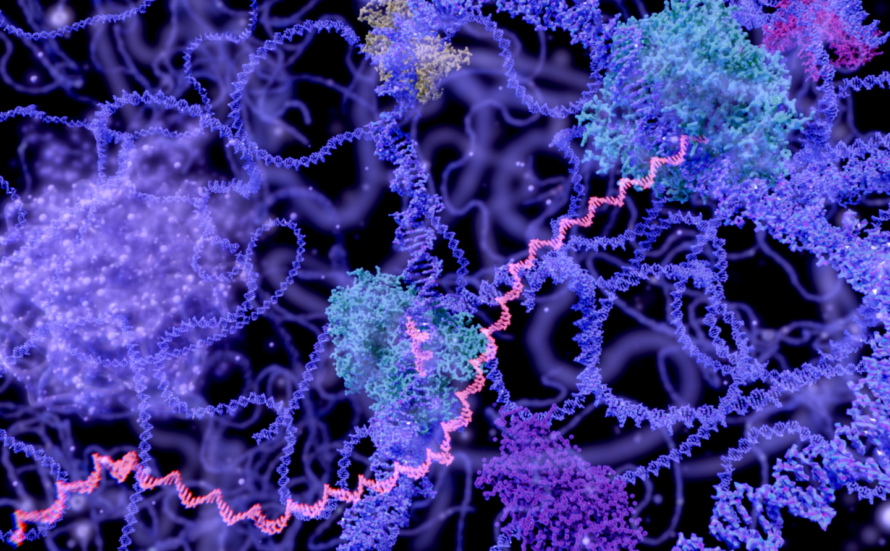
-
Are Gut Microbes the Key to Unlocking Anxiety?
The prevalence of anxiety disorders, already the most common mental illness in many countries, including the U.S., has surged during the novel coronavirus pandemic. A study led by researchers in Berkeley Lab’s Biosciences Area provides evidence that taking care of our gut microbiome may help mitigate some of that anxiety.
Read the article -
To Find Mutated Sperm, Go FISH
Chemotherapy and radiation treatments can be life-saving for patients with cancer, but they have harsh side effects that can been felt and seen throughout the body. There can also be unseen consequences: These important treatments can mutate DNA and damage chromosomes in patients’ cancerous and noncancerous cells alike. When this occurs in a germline cell (eggs in women and sperm in men), it can lead to serious fetal and birth defects in a resulting pregnancy. In a study published in PLOS One, a team led by Biological Systems and Engineering (BSE) Division senior scientist Andrew Wyrobek reported success adapting an…
Read the article -
Get a Move On: Protein Translates Chemistry into Motion
The protein CheY plays a role in relaying sensory signals from chemoreceptors to the rotary motor at the base of the tail-like appendage, or flagellum, that protrudes from the cell body of certain bacteria and eukaryotic cells. It has been studied as a model for dissecting the mechanism of allostery—the process by which the binding of biological macromolecules (mainly proteins) at one location regulates activity at another, often distant, functional site. When it is transiently phosphorylated in response to chemotactic cues, CheY’s binding affinity for a flagellar motor switch protein called FliM is enhanced. CheY binding to FliM changes the…
Read the article -
Three from Biosciences Area Named AAAS Fellows
The American Association for the Advancement of Science (AAAS), which was founded in 1848 and is the world’s largest general scientific society, announced that 489 of its members—among them nine scientists at Berkeley Lab—have been named Fellows. This lifetime honor, which follows a nomination and review process, recognizes scientists, engineers, and innovators for their distinguished achievements toward the advancement or applications of science. The three newly named Fellows from the Biosciences Area are: Sanjay Kumar, a faculty scientist in the Biological Systems and Engineering (BSE) Division; Mary Maxon, the Associate Laboratory Director for the Biosciences Area; and Len Pennacchio, a…
Read the article -
Mina Bissell Delivers Gairdner Laureate Talk Virtually, Receives Medal at Home
This spring, Mina Bissell, distinguished senior scientist in the Biological Systems and Engineering (BSE) Division, was awarded the 2020 Canada Gairdner International Award for Biomedical Research. Due to the ongoing coronavirus pandemic, the Gairdner Foundation held their annual Laureate Lectures and Gala Celebration—normally hosted in Toronto, Ontario, Canada—virtually this year. Bissell presented her talk, entitled “Why Don’t We Get More Cancer?”, about a signaling pathway she and her research group discovered that doesn’t get turned off in cancer and leads to uncontrolled growth. She received her medal surrounded by family at home in Berkeley, and spoke about the power of…
Read the article

